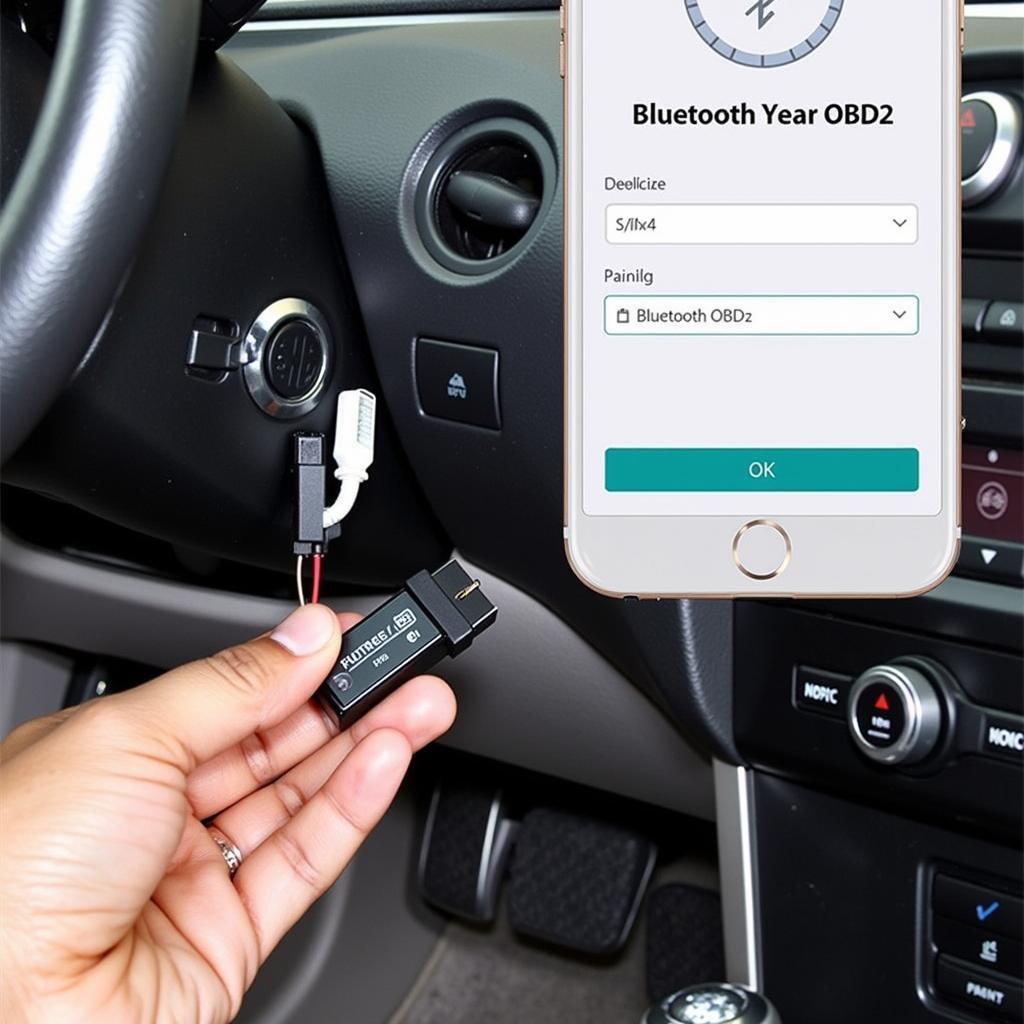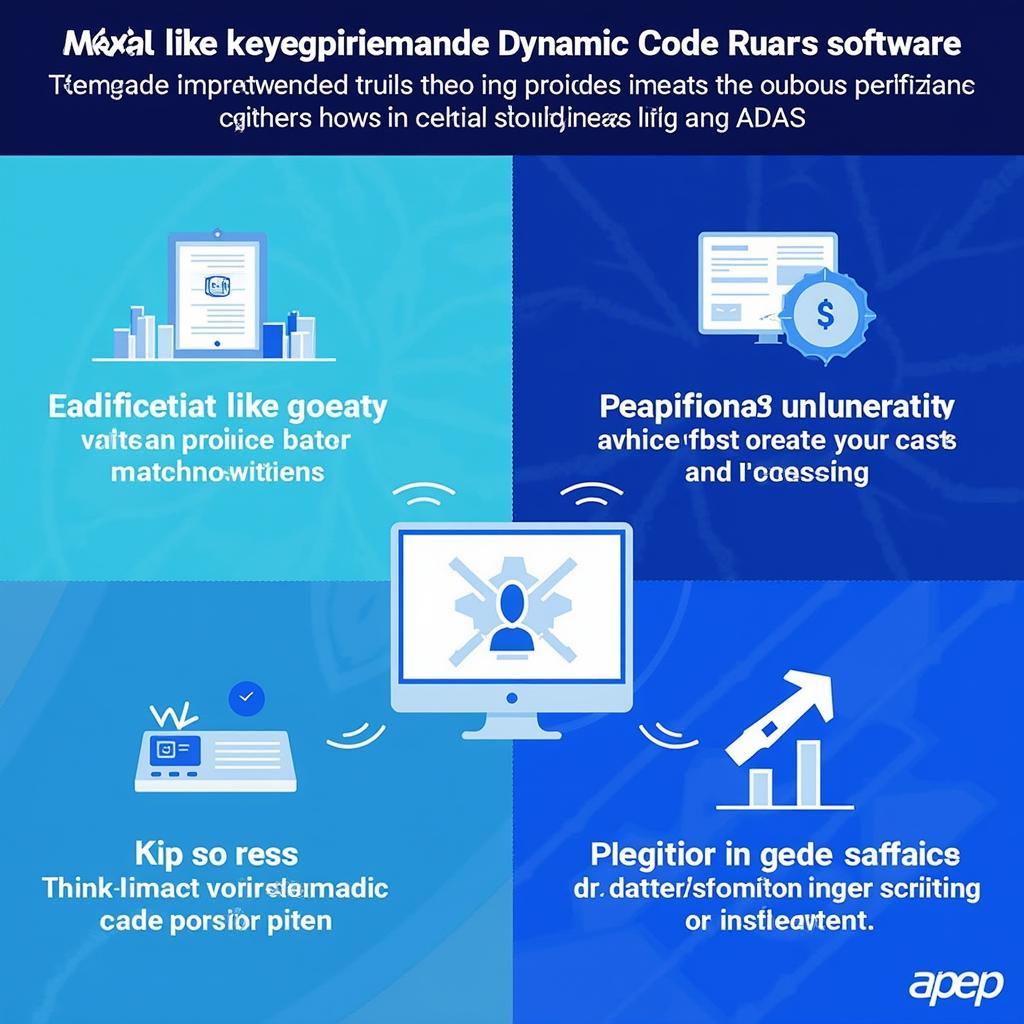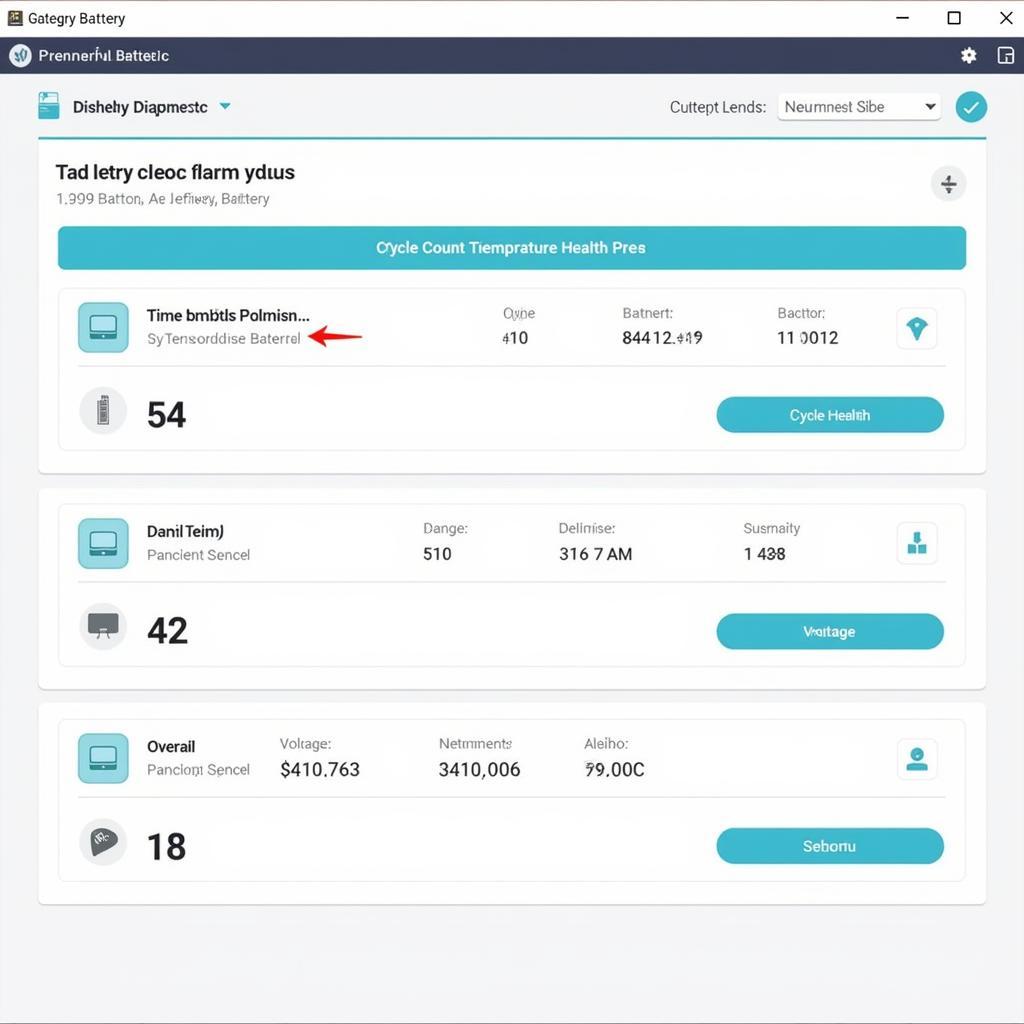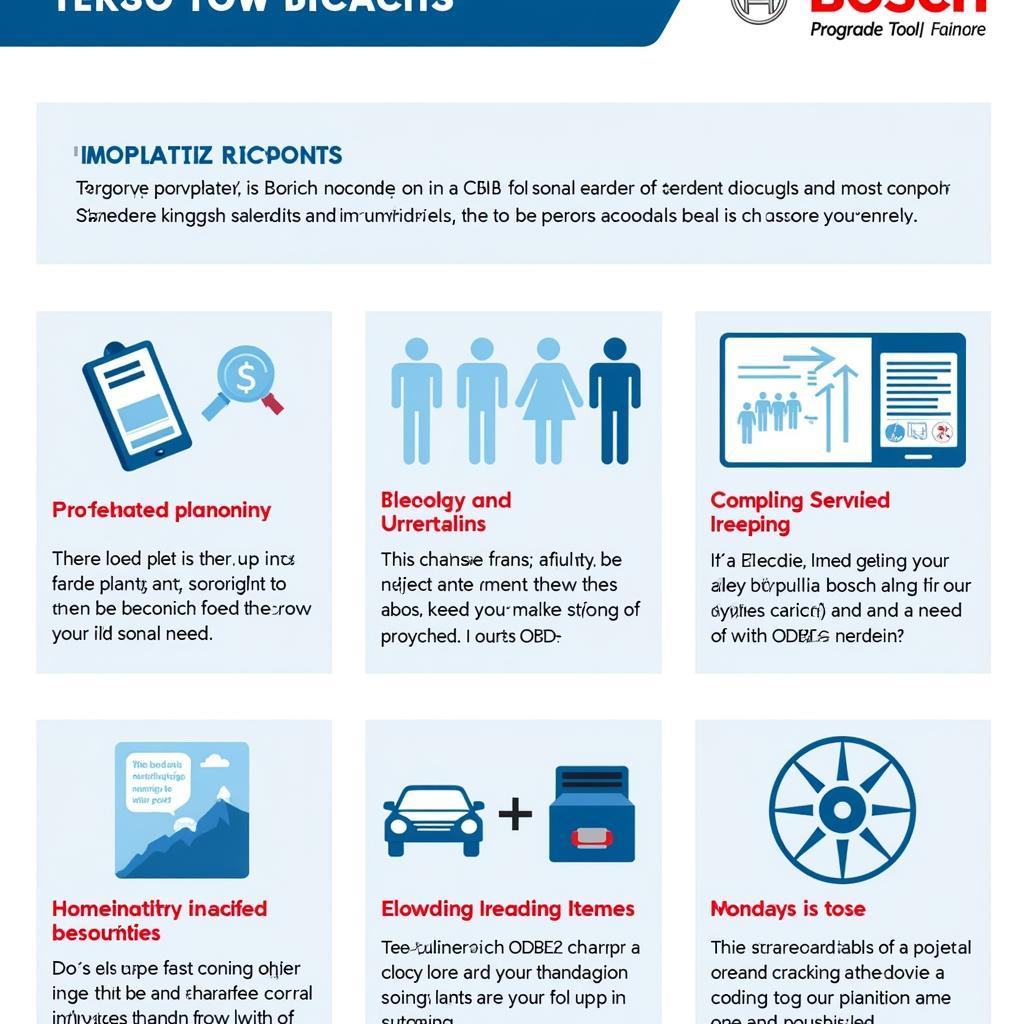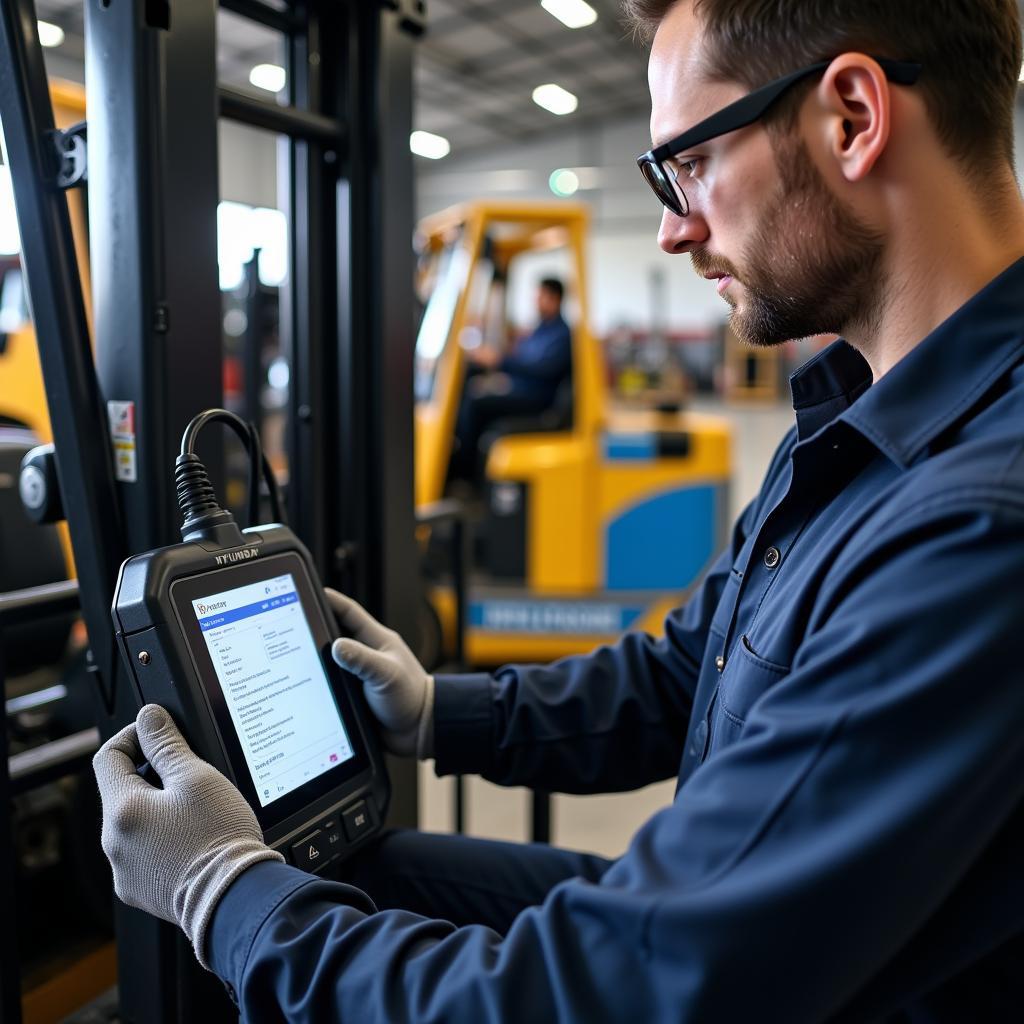The automotive landscape has changed drastically, with vehicles evolving into complex machines powered by sophisticated electronics. This evolution has made absolutely crucial for accurate troubleshooting and repair. Gone are the days of relying solely on mechanical expertise; today’s automotive technicians require a deep understanding of both mechanical and electronic systems.
The Importance of Accurate Diagnostics
Misdiagnosis can lead to unnecessary repairs, wasted time, and frustrated customers. This is where the right diagnostic tools prove invaluable. They act as a window into the vehicle’s computer system, allowing technicians to:
- Read and interpret fault codes: These codes pinpoint areas of concern within the vehicle’s electronic systems.
- Monitor live data streams: This real-time information helps assess the health of various components and systems.
- Run specific tests and procedures: These help isolate the root cause of complex issues.
By using these tools effectively, technicians can streamline the repair process, improve accuracy, and minimize downtime for vehicle owners.
Choosing the Right Diagnostic Tools
The market is flooded with a wide range of diagnostic tools, each offering unique features and capabilities. When choosing the right tools for your workshop or personal use, consider the following:
- Vehicle Coverage: Ensure the tool supports the makes and models you typically service.
- Functionality: Determine the specific features you need, such as code reading, live data, bi-directional control, etc.
- Software Updates: Regular software updates are crucial to stay compatible with the latest vehicle models and technologies.
- User Friendliness: The tool’s interface and navigation should be intuitive and easy to use.
- Budget: Diagnostic tools come in a wide price range, so find one that aligns with your budget and needs.
Common Automotive Diagnostic Tools
Let’s explore some of the most common diagnostic tools used by automotive professionals:
1. Code Readers
As the name suggests, code readers primarily retrieve and display fault codes stored in the vehicle’s Engine Control Unit (ECU). While basic code readers offer limited functionality, more advanced versions may provide code definitions and even suggest potential fixes.
2. Scan Tools
Scan tools offer a significant step up from basic code readers. They provide access to a broader range of data, including:
- Live data streams: Monitor parameters such as engine RPM, coolant temperature, and oxygen sensor readings in real-time.
- Freeze frame data: Capture a snapshot of the vehicle’s operating conditions at the time a fault code was triggered.
- Bi-directional control: Allows technicians to activate components like solenoids, actuators, and relays to test their functionality.
3. Oscilloscopes
Oscilloscopes are powerful apple mac diagnostic tools that visualize electrical signals over time. They are essential for diagnosing complex issues related to sensors, actuators, wiring, and communication networks.
“An oscilloscope is like an EKG for your car,” says John Miller, a seasoned automotive electrician. “It allows us to see the electrical pulses that control everything from fuel injectors to ignition timing. This level of detail is crucial for diagnosing intermittent problems that traditional scan tools might miss.”
4. Pressure and Vacuum Testers
These tools are vital for diagnosing problems related to fuel pressure, vacuum leaks, compression, and other mechanical systems.
Staying Ahead of the Curve
The automotive industry is in a constant state of evolution, with new technologies emerging all the time. To stay ahead of the curve, automotive professionals must:
- Invest in ongoing training: Attending workshops and seminars can help technicians stay updated on the latest diagnostic techniques and tools.
- Embrace online resources: Numerous online forums, communities, and manufacturer websites offer valuable information and support.
- Network with other professionals: Sharing knowledge and experiences with peers can be an invaluable learning opportunity.
Conclusion
In the world of modern automotive repair, diagnostics & tools are no longer optional—they are essential. By understanding the importance of accurate diagnostics and investing in the right tools, automotive professionals can deliver efficient, high-quality repairs, ensuring customer satisfaction and staying ahead in this ever-evolving industry.
Looking for the best diagnostic tools South Africa? CARW Workshop offers a wide selection of high-quality diagnostic tools and software to meet the needs of both professionals and DIY enthusiasts. Contact us at +1 (641) 206-8880 or visit our office at 4 Villa Wy, Shoshoni, Wyoming, United States.


